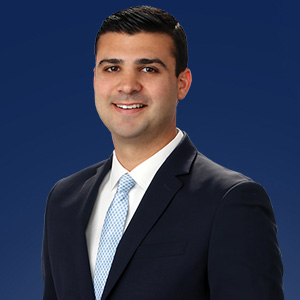DOJ Brings False Claims Action for Knowingly Dispensing Invalid Opioid Prescriptions

2/7/2025
Last month, the U.S. Department of Justice (DOJ) intervened in a lawsuit alleging that CVS Pharmacy Inc. (CVS) and its subsidiaries improperly sought federal reimbursement in violation of the False Claims Act (FCA) for prescriptions filled in violation of the Controlled Substances Act (CSA). According to the DOJ’s complaint, CVS caused its pharmacists to routinely fill opioid and other controlled substance prescriptions despite “red flags” indicating that the prescriptions were invalid, medically inappropriate, and/or dangerous. The DOJ also accused CVS of unlawfully dispensing massive quantities of opioids and other controlled substances to fuel its own profits at the expense of public health and safety. The prescriptions included “dangerous and excessive quantities of opioids” and “trinity cocktails,” an “especially dangerous and abused combination of drugs made up of an opioid, a benzodiazepine and a muscle relaxant.” The suit also accuses CVS of filling “at least thousands of controlled substance prescriptions” penned by “known pill mills.” The DOJ also alleges that CVS refused to implement compliance measures recommended by its own experts to reduce the number of invalid prescriptions with red flags due to fear that the measures would slow the speed of prescription filling and increase labor costs.
Related Practices: Healthcare Law
Related Attorney: Keith J. Roberts, Shannon Carroll, Paul J. DeMartino, Jr.
Related Industry: Healthcare















